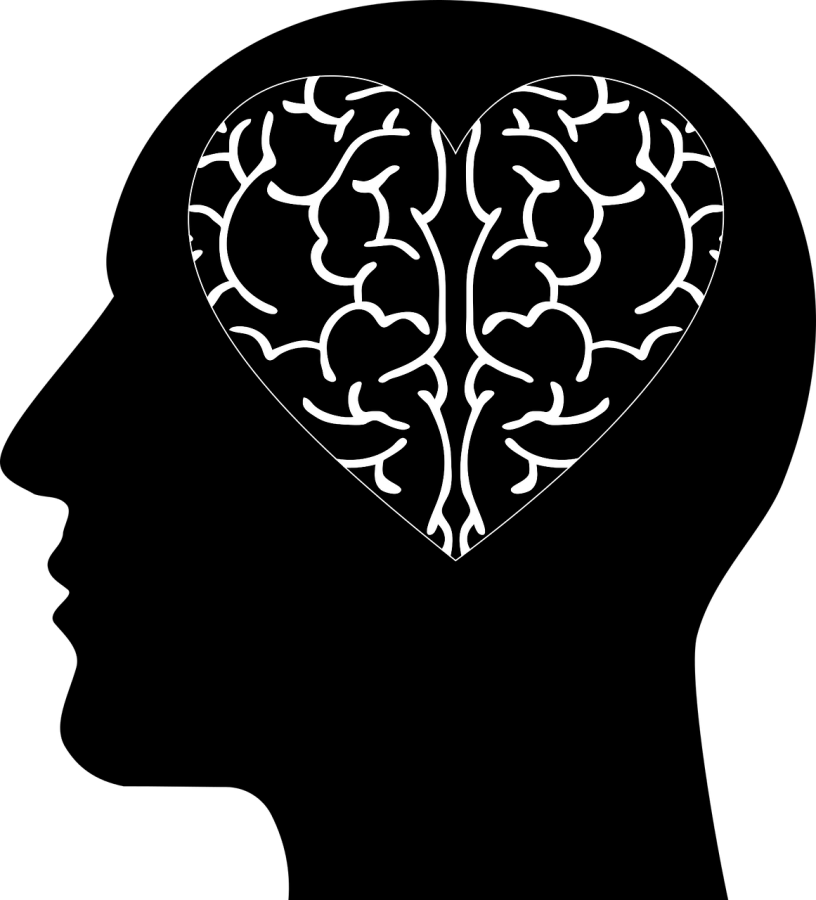Mental Health Stigmas
What they are and how they affect teenagers
Mental health is one of the most important topics to discuss with adolescents in order to defeat the stigma that accompanies mental health issues.
October 6, 2020
Dealing with mental health issues happens commonly throughout a person’s lifetime; however, teenage years have been the most known to see a rise in mental health struggle. With this, teenagers may be faced with different stigmas throughout this sensitive time.
There are two different types of stigmas identified by NewPort Academy Treatment Center for Teens in an article on mental health. The first is identified as social stigma. This is defined as a negative attitude and behavior towards mental health issues. The other is perceived or self-stigma in which a person has feelings of shame and can undermine one’s self-esteem.
Differing from the opinion that mental health has been completely normalized by all, stigmas still exist from those who have never educated themselves on the topic, some seeing these mental instability as a deficit. Social stigma may cause barriers to treatment such as therapists, medication, etc. Perceived stigma may lead to a feeling of isolation and fear of reaching out to others.
“My hope would be that with no stigma, we would see mental health like any other medical issue and eliminate barriers to treatment,” Roseville licensed mental health therapist Staci Jones said. “There would be a diagnosis that would help create a comprehensive treatment and the individual wouldn’t be seen as less than for getting that treatment.”
Over all, there are many causes for stigmas placed around mental health issues and disorders. Though most have become educated, some still create stigmas due to outside influences. To eliminate these it may be best for people to do their own research and create genuine connections with those who have struggled to get a true understanding of what it is like with mental health struggles.



